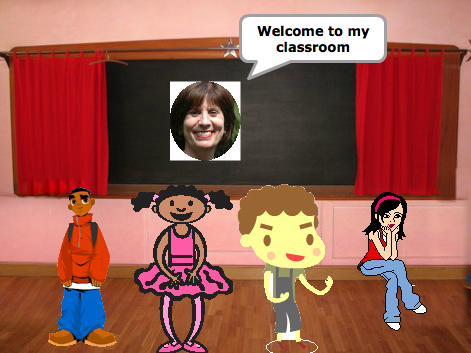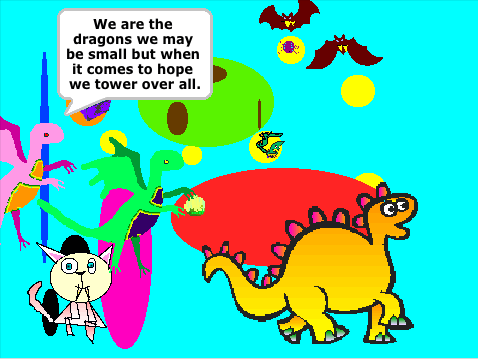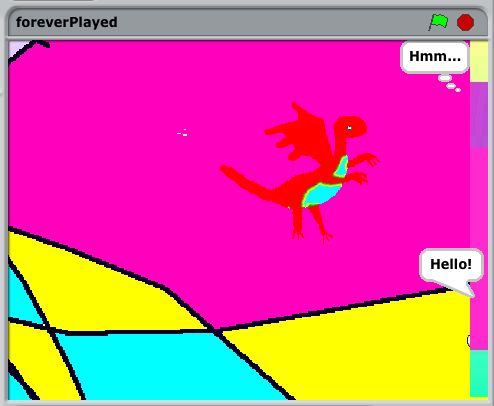CSEdWeek 2011 Feature Story | Scratch in Special Education: An Interview with Vicki Gold of Marshfield High School
In this feature story for CSEdWeek 2011, we interviewed Vicki Gold about her approaches to working with students with autism using Scratch.
Vicki Gold felt like she was making a huge leap when she transitioned from a career in the corporate world to education. However, this former professional computer programmer was surprised to feel so comfortable in her new position - teaching students with Asperger’s syndrome at Marshfield High School.
Unfortunately, feeling at ease doesn’t mean it was an easy transition. “My first Scratch class was pretty catastrophic. Before I knew it, the entire class had melted down crying, kicking, and screaming. Luckily, the head of Special Ed came and saved my life.”
Vicki’s ability to shed inhibitions and fearlessly take on new challenges has led the way to progress in the classroom. “This is my fifth year and I’m finally getting the hang of it. There are moments of clarity. I astonish myself when I look at the students and they’re actually listening.”
Vicki sat down with us to share some of her approaches to supporting students with autism using Scratch.
Customization
After that difficult, first class, Vicki shifted gears to a model that catered more to individual needs. Students received hands-on coaching from her and some recruited student mentors. The response was positive. “I found that there’s not too much scaffolding that they’ll let you do. I planned these very nice lesson plans at first and found that no one was following them. The attention span is like seconds so it’s very difficult. I do one-on-one, sitting with each kid. And there are a few helpers. I have high school asperger’s kids working with me who are incredibly great and we can all help them.”

Community
The Scratch online community also aids Vicki in supporting students to follow personal interests. “They’re very self-directed learners so the website is perfect for them. They’re not scared to ask for help either. They will poke around and ask. And I’m very happy to help them in whatever way they need.”

Collaboration
Sometimes it’s collaboration that counteracts the chaos. “That was a surprise for me. I always thought of computer programming as solitary and for me it had been. Here, everybody is talking to everyone, they’re showing each other things, how to do things, what to do. They’re always switching seats to play each other’s games.”
.png)
Confidence
Vicki describes a culture of fearlessness in her classroom. “They’re much more adventuresome, whereas other people will stick to what they’re more comfortable with. The students will say, ‘I’m going to wipe this part out and try something else,’ and have confidence that they can. It’s that tinkering thing. ‘I can try it and it’s okay. The world won’t end if I try to do something another way.’ I think the really nice thing about programming, for me, is that you approach a problem in that kind of amorphous way. You don’t have to come into a problem so scared if you don’t know everything.”


